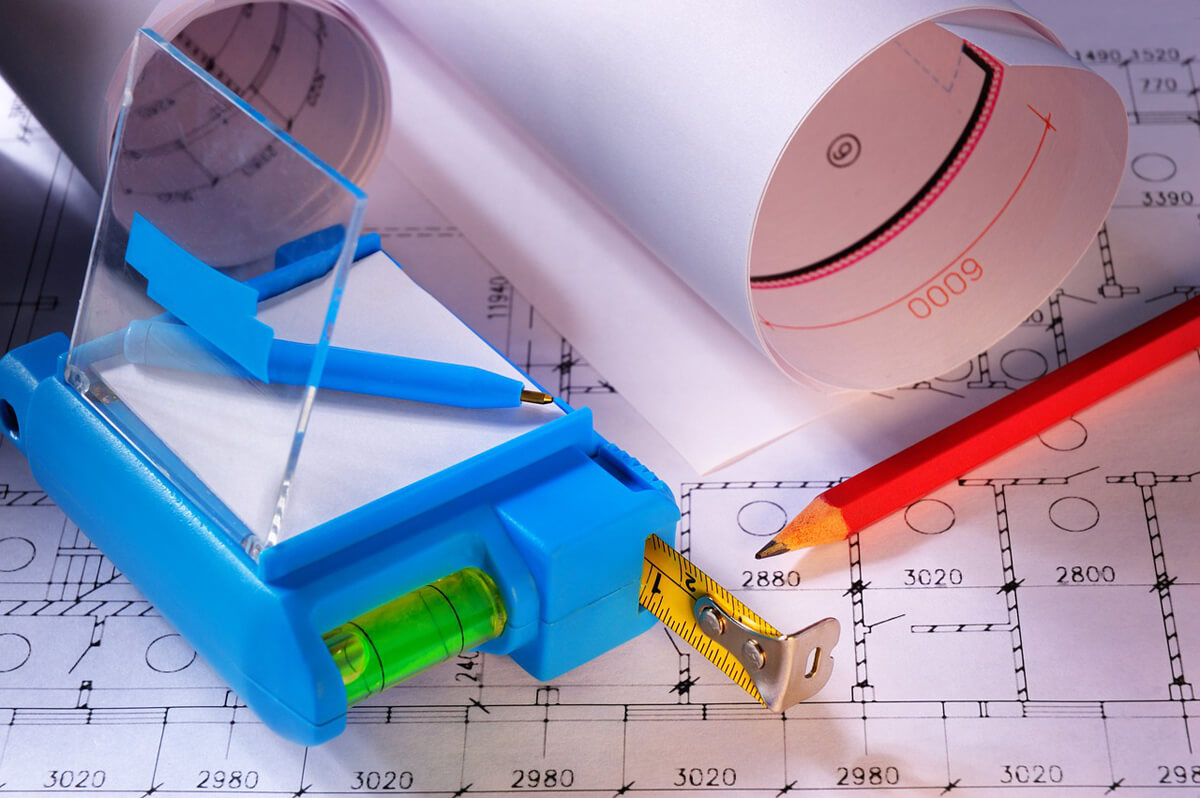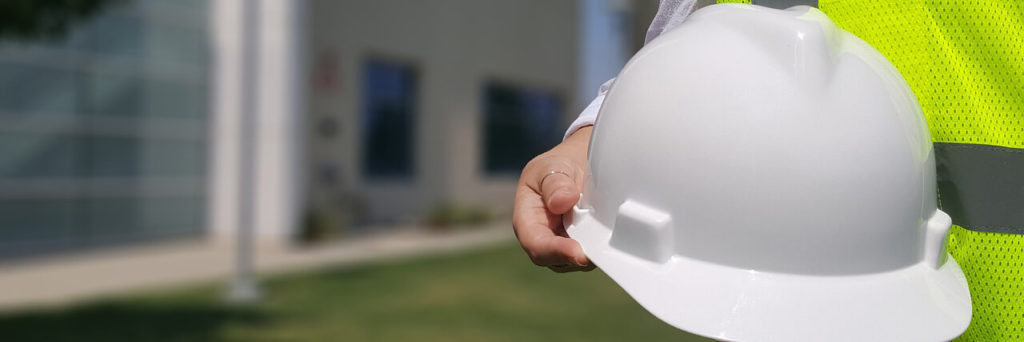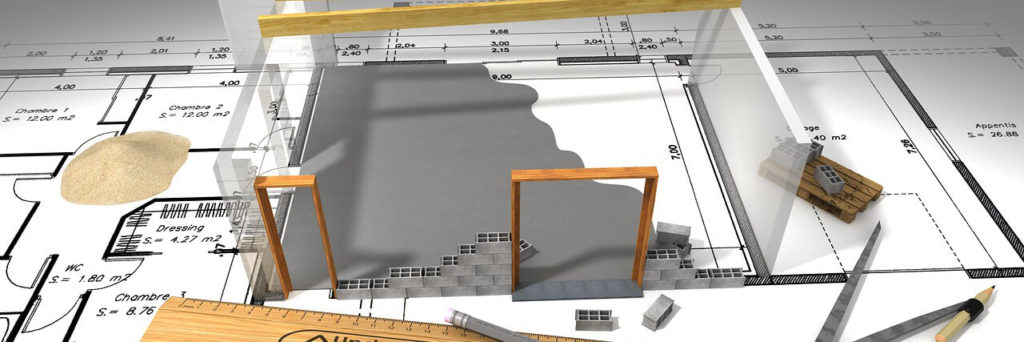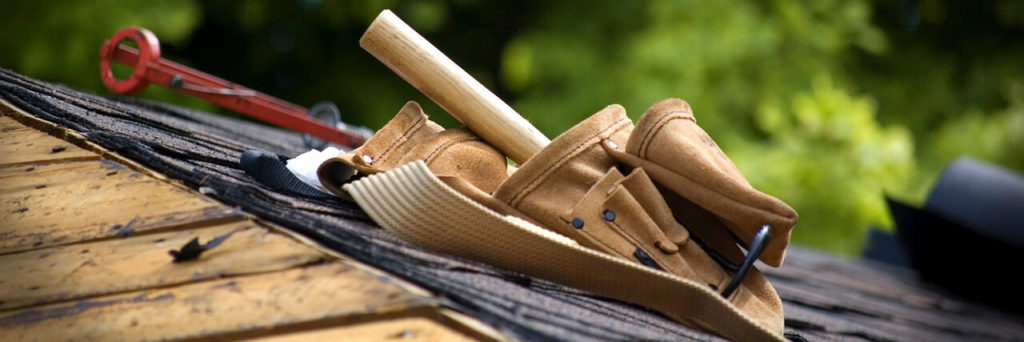
A home inspection is one of the most crucial parts of the selling or buying process in real estate. If you are buying a home, an inspection will insulate you against buying a property with serious issues, such as leaky roof or a bad foundation. As a seller, inspecting the home before listing it can help you see the repairs that need to be made before you list it. This can help you close more swiftly and smoothly.
– What is a home inspection?
During a home inspection, a certified home inspector will examine all of the functional parts of the house to ensure it is safe. They will test the operations of all of the major systems, such as heating, cooling, electrical and plumbing. They will also look at the roof, the home’s exterior and the foundation. Their job is to take note of the current condition of the transaction taking place when selling a house at that given time and alert you to any repair or safety concerns.
How Inspections Can Affect Closing
In general, most of the contracts will be settled on time, but there are some that experience delays for any number of reasons. Twenty percent of contracts from April to June endured a delay, while four percent were canceled entirely.
The main contract issues that cause such delays include:
- 35 percent is due to issues tied to financing.
- 25 percent is due to appraisal issues.
- 16 percent is due to environmental issues or home inspections.
- 9 percent is due to deed and title issues.
Up to 78 percent of contracts had contingencies serving as a roadblock on the way to closing. The most commonly reported contingencies in a contract were for home inspections, which accounted for 60 percent of the reason. A total 48 percent of the reasoning is due to getting financing, while an acceptable appraisal accounted for 47 percent. A total of 20 percent of sellers gave incentives to their buyers to make the sale; 11 percent of those incentives were offers to pay the closing costs; and 8 percent were offers to provide a warranty.

FAQ
– When should the home inspection occur?
When the seller accepts an offer on a home, the transaction is considered a pending sale. Throughout the next few weeks, the buyer’s lender will want verification of the home’s value as well as its condition. During this time, a lender will order an appraisal and often an inspection. If you are buying a house in a competitive market and are working against other offers, you might experience the temptation to skip inspection, but this is usually not a good move. Though the house may seem to be in good working order, the issues often lie below the surface.
– How do you pick a home inspector?
Home inspectors are trained to know what to look for, but this doesn’t mean all of them view the same problems the same way. It’s a good idea to pick a reputable home inspector that will keep your best interests in mind while also understanding your needs and wants for the home. Talk to your real estate agent and get recommendations on some inspectors they trust. You could also ask friends and family to get second opinions.
– How much does a home inspection cost?
On average, a home inspection can run between $200 and $500. The average on a national level tends to be around $336. Though it may feel like an unnecessary expense, a proper home inspection can save sellers a lot of money in the future. As a buyer, it can also save you from buying a house with too many issues. It should be thought of as an investment in your confidence and peace of mind when buying a home. This will be one less thing to worry about during the home buying or selling process, which can already be quite stressful on its own.
– Who pays for the inspection of the home?
Usually, the homebuyer is the one to pay for the inspection since it is a requirement of their lender more often than not. Even so, a seller who is worried about what could be detected during an inspection may opt to do it in order to make repairs before putting the home up for sale. In this case, the seller will pay for their own pre-listing home inspection as well.
– What does a home inspector do?
A home inspector is specifically trained and certified to look through all of the various systems, such as plumbing, electricity and the foundation, at one time, which can save time and money. They have no interest in inspecting the property again like a plumber or electrician might, so you can trust that they will be objective in their findings.

– What does a home inspection look like?
The home inspector will look for issues with the home that might affect the safety or integrity of the home. This is done visually. The inspector won’t look inside of the walls, in the sewer system or the plumbing, nor will they move items away from the home’s foundation. They inspect and report on what is able to be seen, not what might be found when digging.
Inspectors usually have a checklist of things to examine, beginning at the roof and extending down to the very foundation. A checklist such as this usually consists of:
- Appliances
- Attic
- Basement
- Electrical panel, power outlets and light switches
- Exterior siding, paint or stucco
- Floors, walls and ceilings
- Garage
- Gutters and downspouts
- HVAC systems, including home heating or hot water heating, thermostats, air conditioners and general ventilation
- Plumbing fixtures, faucets and water heater
- Porches and balconies
- Stairs, steps and railings
- Walkways and driveways
- Windows and doors
– What are the factors a home inspector won’t look at?
Inspectors do not look at any cosmetic defects. If there is a crack in the wall, they may make note of it, but if it is not indicative of an issue with the foundation, they won’t list it as a thing that needs to be repaired. They don’t care about the landscaping, state of the yard or any exterior items that don’t have any bearing on the integrity or safety of the home. If you’re buying a home that has a septic system and a well, you’ll need to hire a specialist to inspect those separately.

Typically, the items that are not likely to be a part of the inspection include:
- Chimney and fireplace
- Drainage
- Evidence of rodents, mice or rats
- Exterior items in the case that they are covered by snow, such as the roof
- Floor coverings such as vinyl, tile or carpeting
- In-ground sprinklers
- Landscaping
- Sewers
- Swimming pool
- Trees
- Wood-destroying pests, including carpenter ants or termites
– What does a home inspection report say?
The report that the home inspector makes can usually be generated in around a week. They will report anything they found in the inspection, as well as any recommendations they want to make about repairs.
– How long does the inspection take?
Though there is no one answer, typically, an inspection will take around two or three hours. Bigger homes or homes that have extra features may take longer. Condos and smaller homes might only take two hours. It is not something that should be rushed through, as it is an important step in the transaction process.
– Do you have to be present for a home inspection?
For a buyer, is a good idea to be there during an inspection. Buyers can ask questions immediately, see any notes the inspector is making and get a better understanding of what the inspector might recommend.
– What comes next following a home inspection?
After the report has been finalized, the inspector offers a copy to both the lender and the real estate agent. Request a copy to keep for yourself, so you can use it to negotiate with the seller when it comes to repairs. The seller can decide whether to pay the buyer an allowance to repair the issues, make the repairs themselves or renegotiate the terms of the sale to take those items out entirely.

– What fixes are mandatory following a home inspection?
Legally speaking, there is no obligation to fix anything after an inspection. Even so, big problems that may affect security, safety or the health of the occupant may be required by the lender to fix before the financing is authorized. This usually means defects like building code violations, structural issues or safety hazards in chimneys, attics or furnaces will need to be repaired.
Sell Your Home to a Cash Buyer
Selling a home can be an expensive, time-consuming process. If you’re interested in selling your house fast, think about selling to a cash home buyer to sell it in as little as a week.
We Buy Houses
We Buy Houses for Cash is a legitimate home buying company with 1,150 franchises located in 170 markets and 47 states across the United States. This company specializes in flipping homes in poor condition and has purchased more than 100,000 homes, making them reputable and well-established. It’s important, of course, to look into the company for yourself before making a decision.
Who Buys Homes for Cash?
House buying companies, otherwise known as cash buyers, are entities or individual people that will buy your hose outright without you having to obtain any financing. Generally speaking, selling your home to a cash buyer will let you avoid showing the home, preparing it for the market, staging the house and other common annoyances when selling traditionally. It is also possible to set up a more flexible closing schedule to make it easier to buy your next home right after.
Are these companies legitimate? There are many legit companies that buy houses for cash and make good on their word, providing you with a comfortable and expedited experience. Of course, it’s important to do your homework on the different companies you are considering working with before you give away any personal information, send money or sign a contract.



